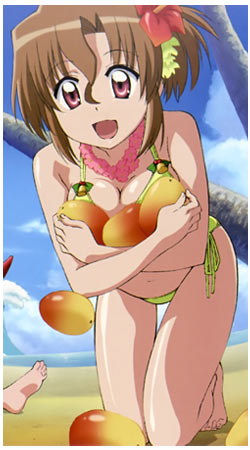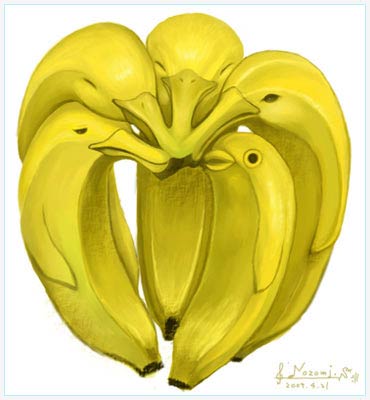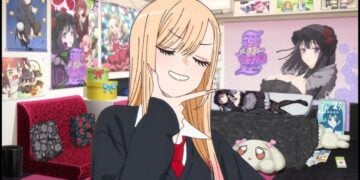Every gaijin who speaks some Japanese knows the agony of accidentally using the wrong word of nihongo at an embarrassing time. Like the word kawaii (cute), which is all too similar to the word kowai (scary), though I’ve dated a few girls who were both. Over the years I’ve gotten words like inaka (a rural area, or one’s hometown) and onaka (stomach) mixed up, along with kirei (pretty) and kirai (hateful) and okage (“thanks to you”) and okama (a gay man), with predictably embarrassing results. It’s natural for students of Japanese to be curious about some of the ecchi terms, which then come out your mouth at the wrong time, making you say oppai (boobs) when you meant to say ippai (a large amount of something), ero (a catch-all slang word for anything naughty) instead of iro (color), or unko (poop) instead of anko (beans used in traditional Japanese sweets). I still refuse to pronounce the title of The Disappearance of Haruhi Suzumiya in Japanese since the word for “disappearance” (消失, shoushitsu) is so close to 喪失 soushitsu, which refers to losing something that a person can only lose once. Pretty much the worst Freudian word slip-up you can make is to order mango juice from a pretty waitress, but accidentally use the word manko instead — it’s the only really “bad” word in Japanese, as in, bad enough that it will get bleeped if used on TV. (It’s the “c” word if you don’t already know it.)

Gaijin make Freudian errors when speaking Japanese. Mmm, I could go for some mango juice right now…















